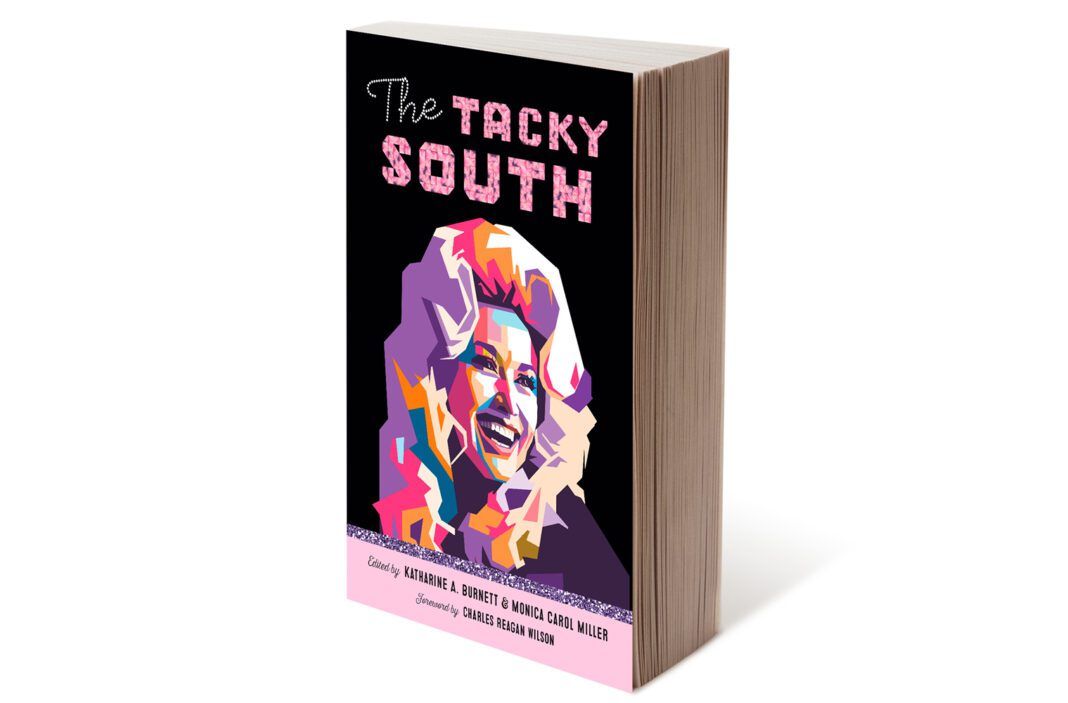Off the page: ‘The Tacky South’
Baton Rouge bibliophiles seeking to celebrate the kitschy, cutting-edge and slightly subversive aspects of Southern culture this season can read and revel in The Tacky South. The book features a collection of essays that examines the definition of tackiness and its connections to the visual arts, performance, literature and pop culture iconography in the American South.
“This collection aims to capture popular and academic fascination with the U.S. South and tackiness through the merging of regional aesthetics with more comprehensive understanding of gender, race and class constructions,” explain authors Katharine A. Burnett and Monica Carol Miller in the book’s introduction.
Drawing on the opinions and expertise of its two authors and 18 contributors, the individual essays take on topics ranging from 19th-century local color fiction to rednecks on reality TV to red velvet cake and the omnipresent influence of Dolly Parton.
For example, LSU Robert Penn Warren distinguished associate professor of English Michael Bibler contributes a chapter titled “That Tacky Little Dance Band from Athens: On Seams, Assemblages and the Democratic Beat of the B-52s.”
“Studying the B-52s’ complicated association with the word shows how tackiness … exposes the seams where competing hierarchies of taste and value intersect,” Bibler writes. “These seams reveal a uniquely democratic aspect of tackiness that foregrounds multiplicity and difference in opposition not only to conformity but any unifying system of aesthetics.”
The Tacky South was published as part of LSU Press’ Southern Literary Studies series. Beginning in 1963, the series launched such notable works as The Complete Works of Kate Chopin, Selected Letters of Robert Penn Warren and The Companion to Southern Literature.
In many ways, this project seems like an unconventional choice for the venerable collection. However, as its website explains, “The Southern Literary Studies series continues and expands beyond its original purpose, as LSU Press seeks to publish more works that ‘tell about the South’ and its evolving identity.”












